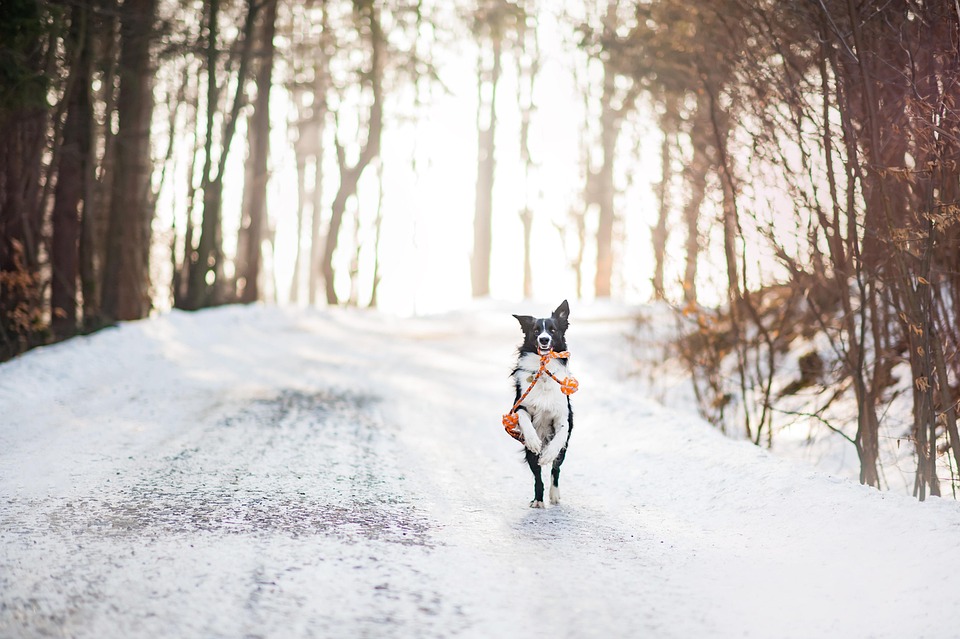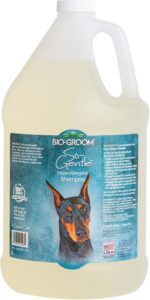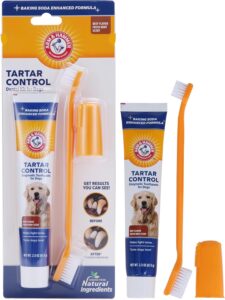
“`html
Introduction
Winter can be a magical time of year, with snowflakes dancing in the air and crisp, cold weather transforming the landscape. However, for dog owners, this season also brings a unique set of challenges and responsibilities. Ensuring your furry friend remains happy and healthy throughout the colder months requires some special attention and care. In this article, we will explore essential winter care tips that will help you keep your dog safe, comfortable, and content all winter long.
Understanding Your Dog’s Winter Needs
Every dog is different, and their needs during winter can vary based on breed, size, age, and health status. Dogs with thick, double-layered coats, like Huskies and Malamutes, naturally fare better in cold weather, while short-haired or small breeds may require extra protection. Similarly, puppies, senior dogs, and those with health issues may need additional care to stay warm and comfortable.
Protecting Your Dog from the Cold
During winter, one of the primary concerns is ensuring your dog stays warm enough. Here’s how you can provide adequate protection:
Invest in Appropriate Clothing
Dogs with short coats or low body fat may benefit from wearing a dog sweater or jacket when outside. Choose clothing that fits well and is made of breathable, waterproof materials to keep your dog dry and warm.
Create a Cozy Indoor Environment
Ensure your home is a warm haven for your dog. Provide a comfortable bed away from drafts and cold floors. Heated dog beds or blankets can offer additional warmth.
Maintaining a Safe and Enjoyable Outdoor Experience
Winter walks can be exhilarating for both you and your dog, but they require some extra precautions:
Protect Paw Pads
Cold weather, ice, and salt on sidewalks can harm your dog’s paws. To prevent damage, consider using paw balm or dog booties to protect their pads. Always rinse and dry their paws after a walk to remove any salt or chemicals.
Monitor Outdoor Time
Limit the duration of outdoor activities based on your dog’s tolerance to cold weather. Keep an eye on signs of discomfort or cold stress, such as shivering or lifting their paws frequently.
Leash Safety
Winter conditions can make outdoor environments unpredictable. Keeping your dog on a leash prevents them from getting lost or encountering dangerous situations, such as thin ice.
Nutrition and Hydration
Proper nutrition is crucial in the winter months when your dog may expend more energy to stay warm:
Adjust Caloric Intake
Some dogs may require more food during winter to maintain their energy levels, especially if they are very active outdoors. Consult your veterinarian to determine if any dietary adjustments are necessary.
Ensure Adequate Hydration
Dehydration can occur in winter just as easily as in summer. Always provide fresh, unfrozen water. Consider using a heated water bowl to prevent ice from forming.
Grooming and Skin Care
Winter can take a toll on your dog’s skin and coat. Here’s how to maintain their health:
Regular Brushing
Frequent brushing helps remove tangles and matting, especially for long-haired breeds. It also stimulates natural oil production, which can prevent dry skin.
Bathing Considerations
Avoid bathing your dog too often in winter, as it can strip their coat of natural oils. When necessary, use a moisturizing shampoo and ensure they are thoroughly dried before going outside.
Health Monitoring and Veterinary Care
Cold weather can exacerbate certain health issues, so it’s important to stay vigilant:
Watch for Signs of Illness
Keep an eye out for symptoms of illness, such as coughing, lethargy, or changes in appetite. If you notice anything unusual, consult your veterinarian promptly.
Regular Veterinary Check-ups
Ensure your dog is up-to-date on vaccinations and preventive care. Regular check-ups help catch any health issues early, ensuring your pet remains healthy throughout the winter.
Exercise and Mental Stimulation
Maintaining physical and mental activity is important even when it’s cold outside:
Indoor Games and Activities
On particularly cold days, engage your dog with indoor activities like puzzle toys, hide-and-seek, or training sessions to keep their mind sharp and entertained.
Shorter, More Frequent Walks
If the weather is harsh, consider taking shorter, more frequent walks rather than one long outing. This allows your dog to get the exercise they need without prolonged exposure to the cold.
Winter Safety Precautions
Winter brings specific safety concerns that require attention:
Beware of Antifreeze
Antifreeze is extremely toxic to dogs, and even small amounts can be fatal. Ensure any spills are cleaned promptly, and keep containers out of reach.
Visibility Matters
With shorter daylight hours, ensure your dog is visible during walks. Use reflective gear or LED lights on their collar or leash to enhance visibility.
Conclusion
Winter can be a wonderful season to share with your dog, filled with new adventures and quality time. By following these essential winter care tips, you can ensure your furry friend remains happy, healthy, and safe all season long. Remember, every dog is unique, so adapt these suggestions based on your pet’s specific needs and circumstances. With a little extra care and attention, you and your dog can enjoy the winter months to the fullest.
“`
#ChatGPT assisted in the creation of this article.








